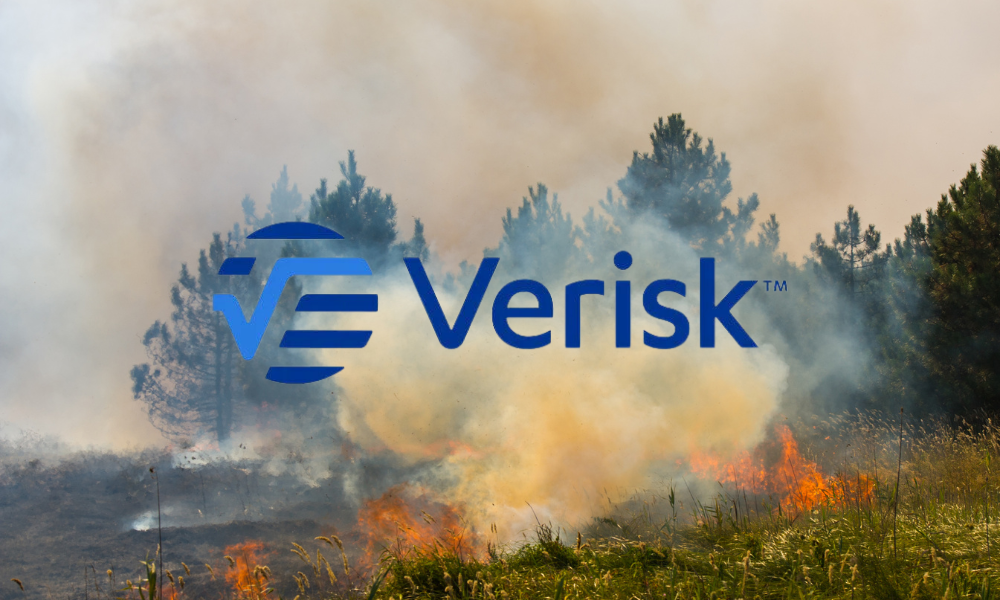Additionally, average exposure growth is at 7.2 percent, driven by increases in property replacement values due to new construction and inflation over the past five years.
These insights are detailed in Verisk’s 2024 Global Modelled Catastrophe Losses Report, which supports the global (re)insurance industry in managing risks from increasing global catastrophe losses. According to Verisk’s AAL measure, the insurance industry should expect annual insured losses from natural catastrophes to average $151 billion, and potentially higher in extreme years.

Rob Newbold, president of Verisk Extreme Event Solutions, stated: “While insured losses over the past five years have averaged $106 billion, these should not be seen as anomalies. Our models indicate that insurers must prepare for substantial losses and manage these risks confidently, ensuring their solvency.”
The rise in global insured losses is driven by factors such as rapid urbanisation, climate change, and the increasing frequency of events alongside economic and social inflation. Over half of the world’s population now lives in urban areas, contributing to increased exposure levels, especially in fast-growing countries.
As property exposure in hazardous areas grows, the AAL and insured losses are expected to rise. While inflation is stabilising, exposure growth is likely to continue, further elevating losses. Climate change is also expected to play a growing role, though its current impact accounts for only about one percent of annual loss increases. Dr Jay Guin, executive vice president and chief research officer for Verisk Extreme Event Solutions, noted: “Climate change’s influence is expected to become more significant over the next few decades, highlighting the need for proactive risk management.”
In 2023, insured losses were largely driven by severe thunderstorms, particularly in the United States, which saw a record season contributing over $57 billion to the total insured losses. Verisk’s catastrophe models provide critical insights into these trends, helping the industry anticipate and manage risks more effectively. Newbold emphasised that Verisk’s tools allow companies to stress-test their portfolios and prepare for the long-term impacts of climate change.










